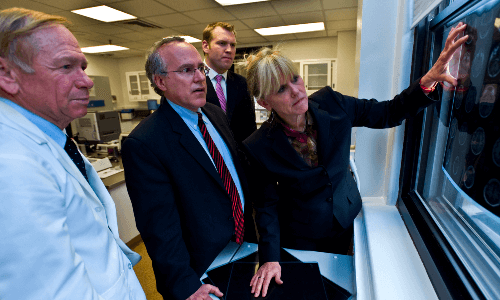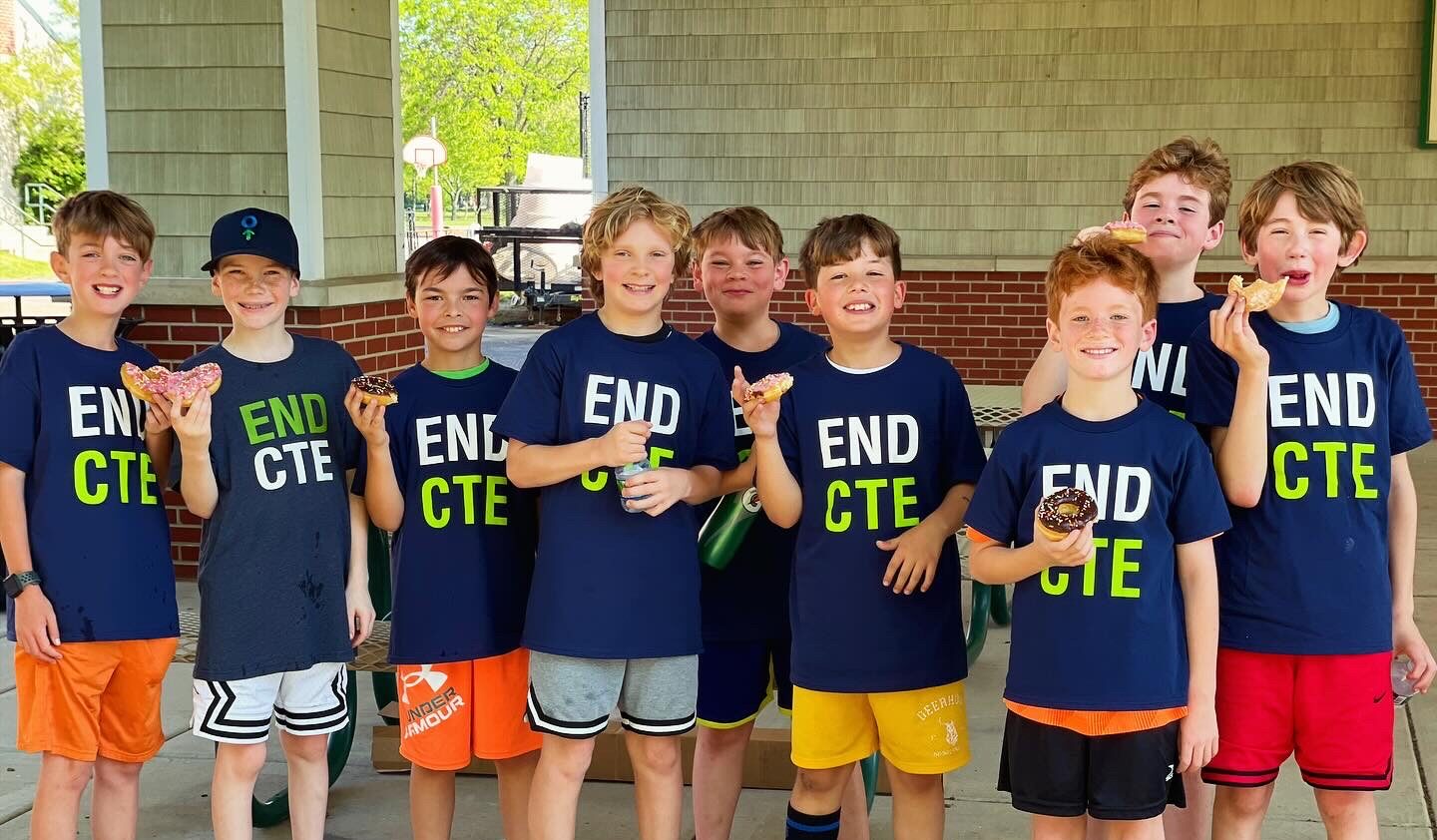Cleveland Browns icon Tom DeLeone earned the nickname “Anvil Head” for his legendary stubbornness. No challenge was too daunting for Tom – and there were plenty of challenges. Chief among them were the cancer he battled valiantly for the last five years of his life, and the Chronic Traumatic Encephalopathy (CTE) which researchers at the UNITE Brain Bank found in his brain after his death in 2016.
Tom’s family is sharing his CTE diagnosis to raise awareness of the risk of repetitive nonconcussive hits to the head. They suspect his decades of collisions as a lineman in football contributed to his CTE.
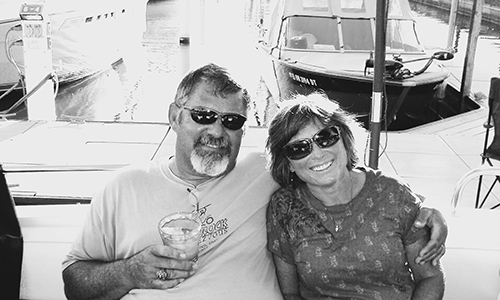
DeLeone was considered too small to play offensive line in the NFL, was discarded by three teams in his first two seasons, and lost his first wife to cancer in his second year as a Brown. Despite facing a mountain of adversity, DeLeone pressed on to become a two-time Pro Bowler and a member of the Browns Hall of Fame.
Born in Ravenna, Ohio, in 1950, DeLeone graduated from Theodore Roosevelt High School in Kent, Ohio in 1968. He attended Ohio State University and was coached by the legendary Woody Hayes. His play and leadership earned him Buckeyes team MVP honors his senior season.
“He was just a great teammate. If you were going to get in a fight, you wanted Tom on your side,” said fellow Browns lineman Doug Dieken.
Drafted by the Cincinnati Bengals in 1972, DeLeone was later traded to the Atlanta Falcons and traded again to the Houston Oilers. The Oilers cut him before the Browns signed him in the middle of the 1974 season. He quickly became the Browns’ starting center, a position he’d hold for the better part of a decade.
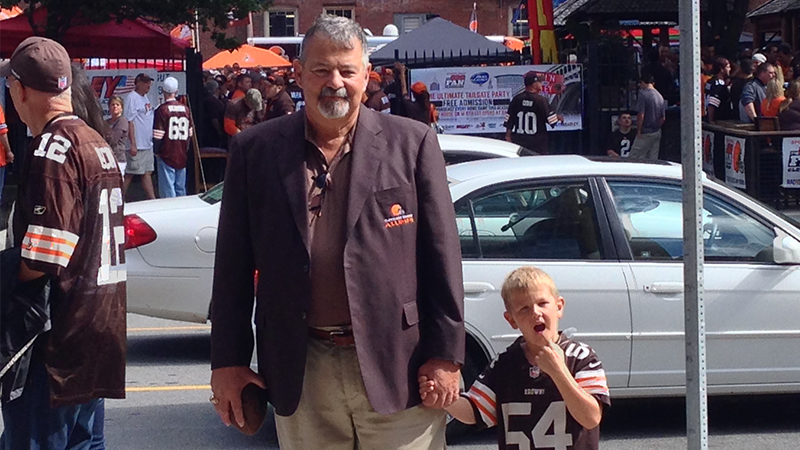
“He had all the linemen’s backs, and if anything would go wrong, he was the first one to be there to take care of them. He was the ultimate teammate,” said former Browns teammate Cleo Miller.
DeLeone’s performance and personality cemented his role as a leader on the Browns’ famed “Kardiac Kids” playoff teams in the early 1980’s. He was also a dedicated member of his community, serving as a volunteer for his neighborhood Medina Police’s special unit.
After retiring from football in 1984, DeLeone started a career as a criminal investigator with the US Department of Treasury. He dealt with a variety of fraud, drugs, and anti-terrorism cases, including serving on the FBI Joint Terrorism Task Force at the 2002 Winter Olympics in Salt Lake City, Utah.
He retired after 23 years of service at age 57, the mandatory age to retire. DeLeone quickly found retirement boring, so he filled his days substitute teaching and coaching high school football in Park City, Utah.
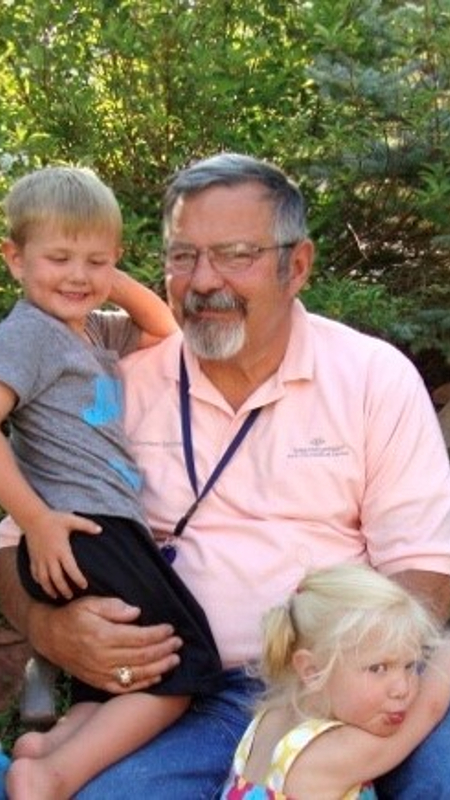
In 2011, while driving home with his son, DeLeone suddenly became completely disoriented and didn’t know where he was. Doctors later found a large tumor on his brain and diagnosed him with Stage 4 brain cancer. His surgeon told him his attitude would dictate his prognosis.
Anvil Head was up for the challenge.
“I ride my bike 25 miles a few days each week. I’m not giving in to this,” said DeLeone in 2011.
His relentless spirit followed him to his post-football career and all the way through his battle with cancer.
“Nothing scared him. Even when he told me about the cancer, I could hear it in his voice. No feeling sorry for himself. He’s just determined,” said Dieken.
After fighting cancer for nearly five years, DeLeone passed away on May 22, 2016 in Park City at age 65. Before his death, DeLeone asked for his brain and spinal column to be studied at the Boston University CTE Center. Researchers later diagnosed him with Chronic Traumatic Encephalopathy (CTE).
Often, CTE is mistakenly connected to the number of diagnosed concussions an athlete suffered in their career. The DeLeone family hopes Tom’s CTE diagnosis will inform parents about the risk of repetitive nonconcussive impacts causing CTE. DeLeone spent decades playing as an interior lineman and was exposed to countless hits to the head over his life in football, likely contributing to his CTE.
He will forever be known as a loving father and husband, a dedicated teammate, and an upstanding citizen.
